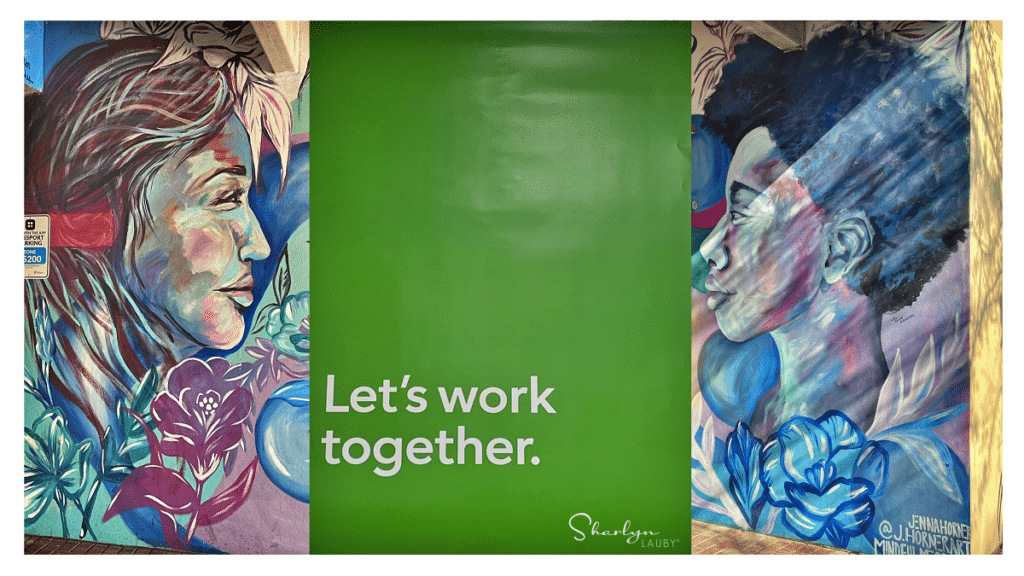Organizations Can End Pay Inequity Before It Starts
Estimated reading time: 3 minutes
The gender pay gap has remained stable over the past 15 years, according to Pew Research. In 2020, women earned 84% of what men earned. And the pay gap isn’t only gender based. In an article on the Society for Human Resource Management (SHRM) website, Black men earned 87 cents for every dollar a white man earned. Hispanic workers earned 91 cents for every dollar earned by white men.
I know that there are organizations committed to addressing pay inequity. That’s great. I understand that organizations need to deal with pay inequities with current employees. But we also need to deal with pay inequities where they start – during the hiring process.
At this year’s Society for Human Resource Management (SHRM) Talent Conference, I attended a discussion about pay inequity that was focused on just that – extending job offers with pay equity in mind. Unfortunately, this can be more difficult than it appears because organizations often encourage and reward recruiters who are able to negotiate a job offer with a low starting salary.
To clarify, I’m not talking about lowballing candidates for ridiculous sums of money. We need to make ourselves aware that negotiating a lower starting salary might not seem like a big deal – especially if the candidate is okay with it – and it could delight a hiring manager – but it could be creating pay inequities.
Let recruiters know that part of their responsibility is to be an equity advocate. Organizations will not fix pay inequity if they encourage and reward recruiters for behaviors that might be contributing to it. This is not the recruiter’s fault. But moving forward they need to understand the new level of expectation.
Diversify the recruiting team. Organizations place a huge emphasis and a lot of resources on finding the best employees. It only makes good business sense to view the group of people responsible for hiring as a team. Obviously, the team would include the recruiter and hiring manager. But also think about compensation, learning and development, payroll, and facilities. These are all functions that are part of a new hire’s onboarding, and they could be a great way to ensure accountability.
Have a fair and consistent hiring process. Speaking of accountability, I could see a lack of recruiting processes being a contributor to pay inequity. Organizations might be tempted to “streamline” the hiring process if they’re trying to extend an offer quickly. Hiring shortcuts can cause difficulties later. Organizations should define their hiring process based on their talent needs. Then follow it.
Establish criteria for pay differentials. Pay equity doesn’t mean that everyone gets paid the same. It does mean that HR and the hiring manager should be able to explain why someone is being paid differently. Maybe they have more experience. Or a certification. This is a great reason to have a compensation professional on the hiring team. Define the criteria for which the organization is willing to pay more.
Provide training to people who extend job offers, including negotiating skills. Organizations should be consistent in who extends job offers. Anyone who does extend job offers should receive training on how to do it. Part of that training should include how to effectively negotiate. Not all negotiations involve playing hardball with a candidate. But it’s important to have a good strategy.
Pay inequity creates a ripple effect in an employee’s career. Not only is a person making less than their colleagues, but it impacts their ability to grow wealth, invest for the future, and plan for retirement. Organizations should be committed to pay equity not only with their current employees but in their hiring practices.
Image captured by Sharlyn Lauby while exploring the streets of Gainesville, FL
30